Eric Fanning, the out gay civilian Army secretary, remembers thinking a career in the military would be impossible for someone like him.
He isn't alone. Members of the military fought for over a decade to repeal the "don't ask, don't tell" policy that was created during the Clinton administration in 1993.
Speaking to Matt Lauer on the Today show from the Pentagon, Fanning admitted leaving a position as a Pentagon junior aide during the Clinton administration because he didn't think he could advance as a gay man.
"To be able to come back in this job is beyond what I ever imagined," he said, going on to talk about military suicides, homophobic culture, and whether he would ever consider becoming secretary of Defense.
Fanning's Senate confirmation made him the nation's first out person to run any branch of the military, a short five years after the fall of the "don't ask, don't tell" policy. Though his confirmation was complicated, it had nothing to do with his sexual orientation. Instead, he was praised for extensive experience while working in several branches of the military. Fanning even thanked his boyfriend during his swearing in ceremony, as if it was no big deal -- and nowadays maybe it finally isn't.
Fanning is aware of his current role model status -- not just because he's gay but also because of his job's stature. Fanning said he hasn't lived in the closet for years, but he has encountered some careless comments about LGBT people.
"I haven't had to confront anyone for what they said or what they've done either to me or behind my back," Fanning said. "This is too hierarchical of a culture for anyone when you're a secretary or undersecretary to do that."
Watch the full interview below, including Fanning discussing his plans for the Army and his career future. There was no discussion of lifting the ban on openly trans service members, which the military is currently considering.
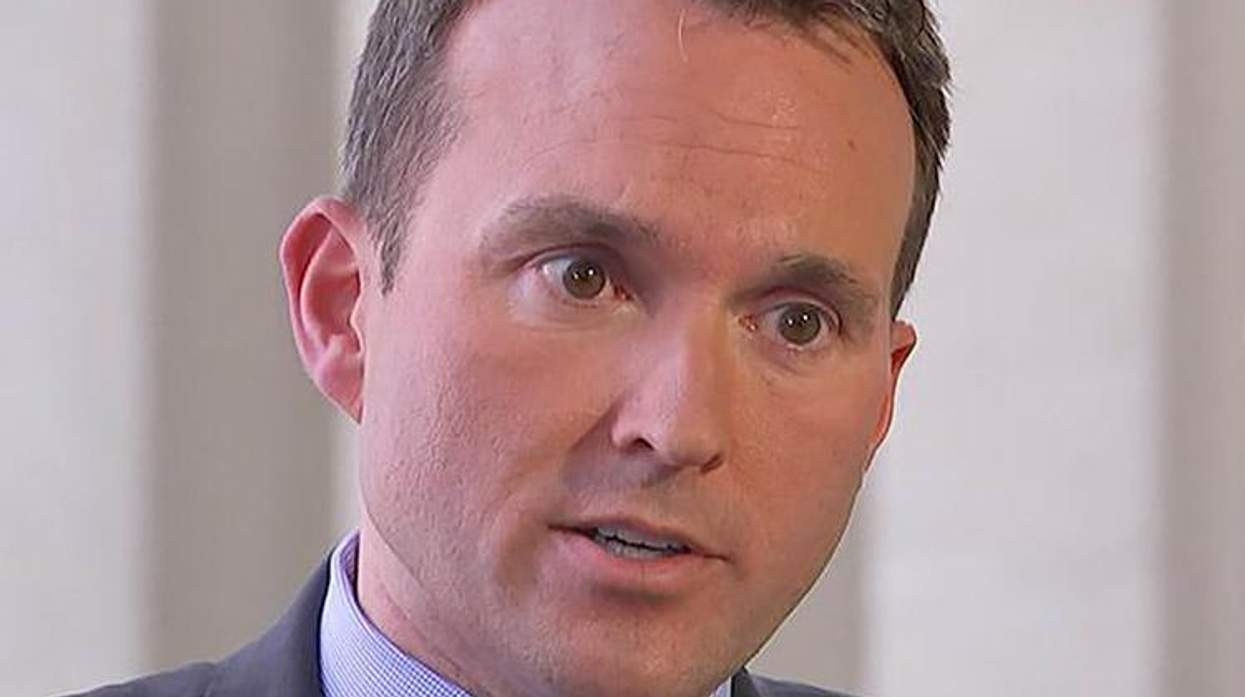
















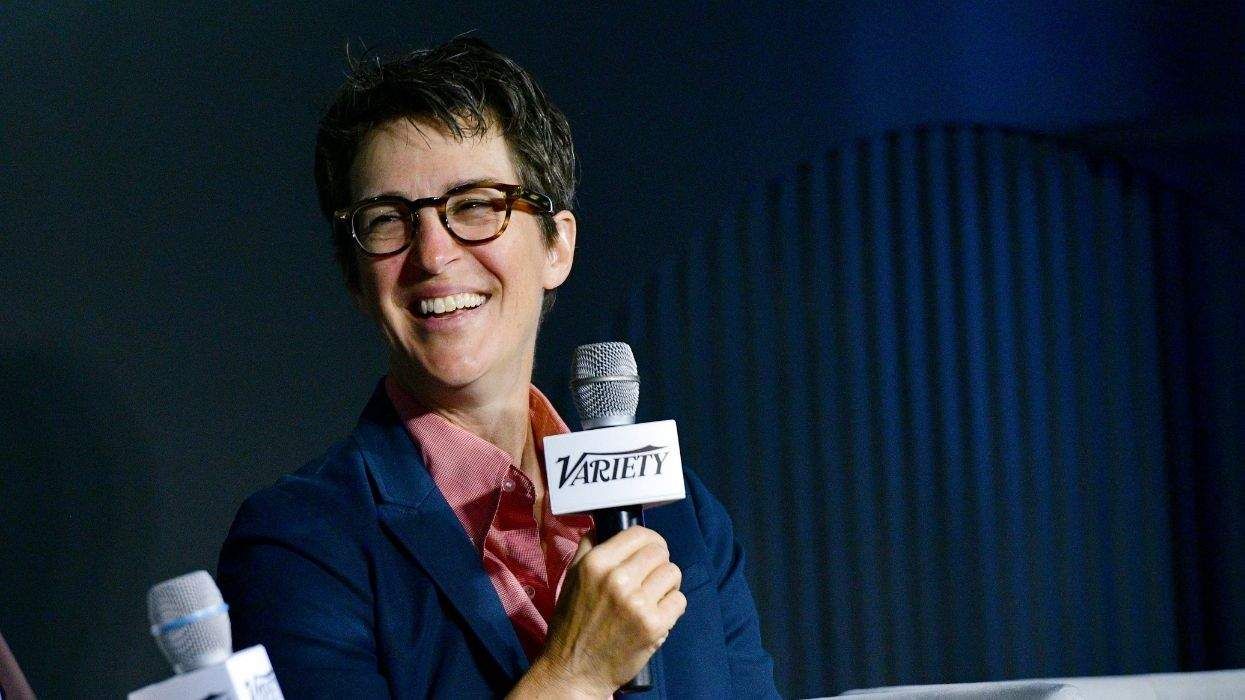


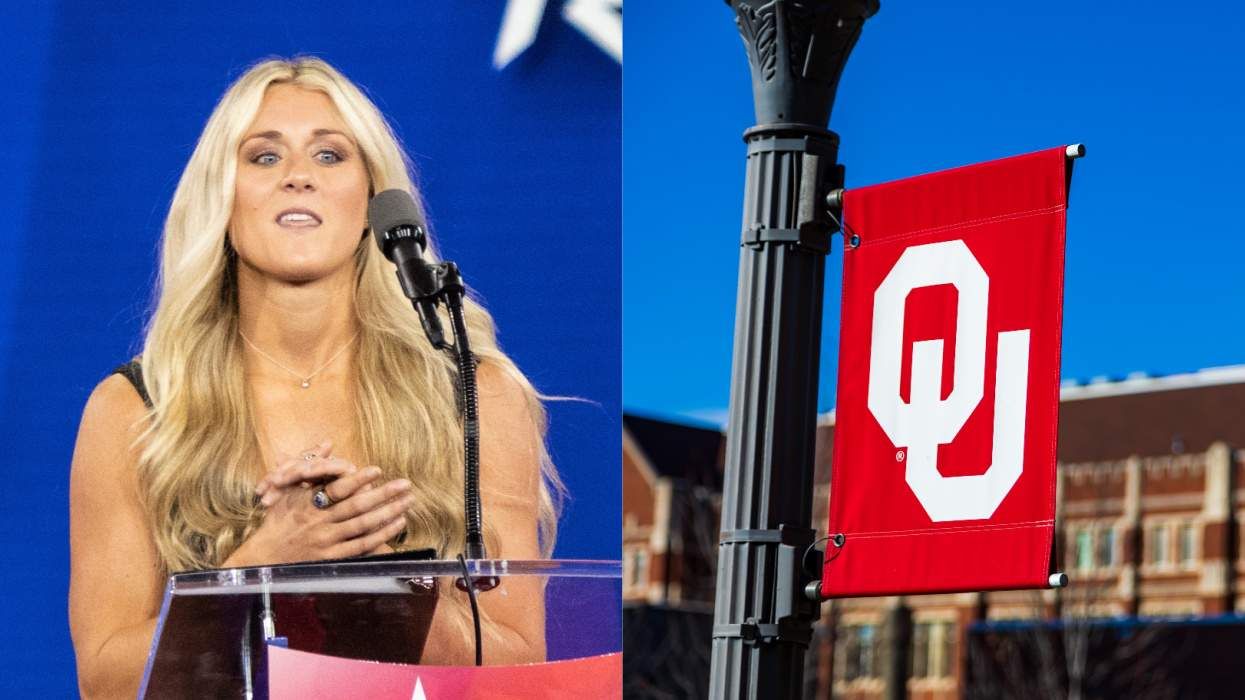


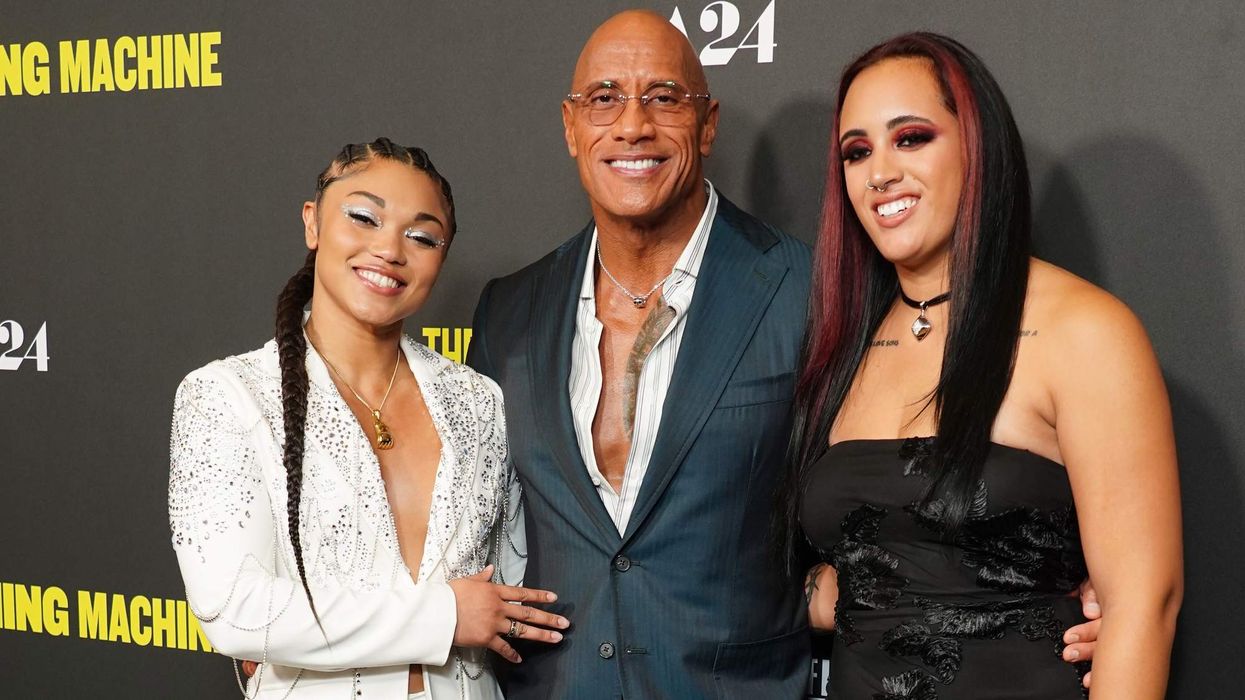
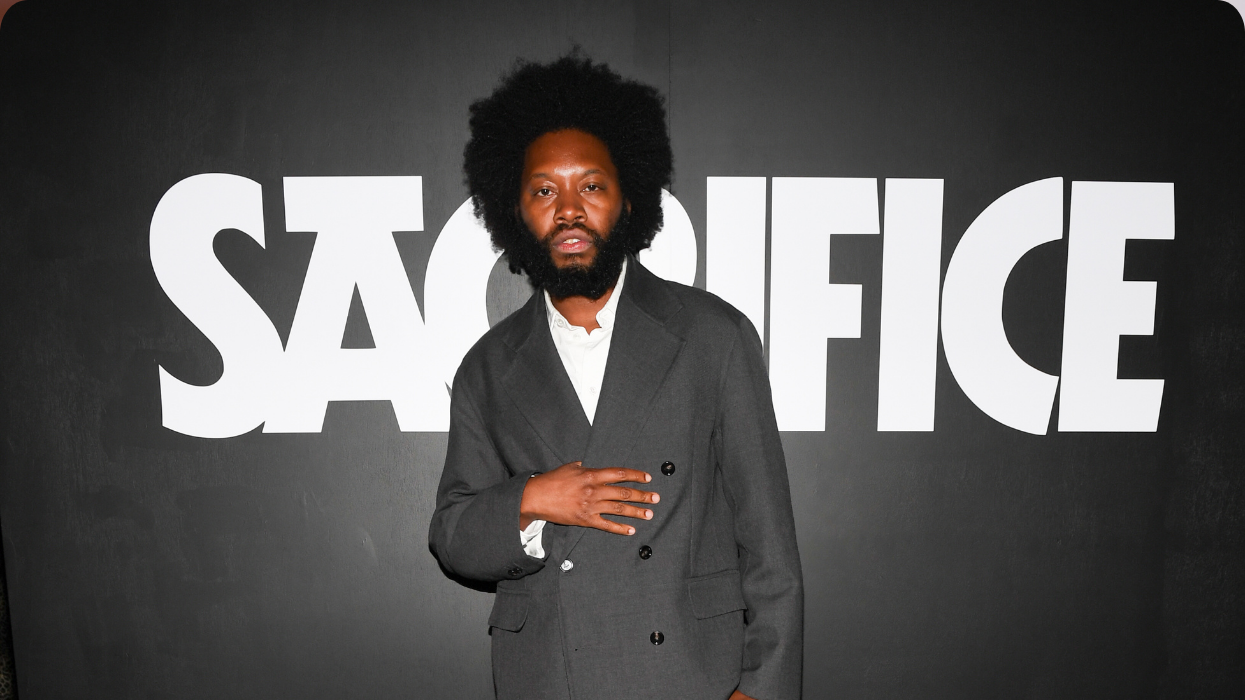






















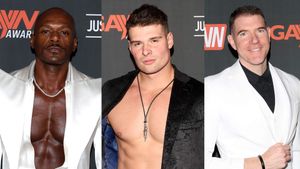





















Charlie Kirk DID say stoning gay people was the 'perfect law' — and these other heinous quotes